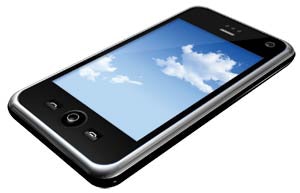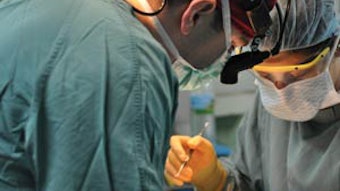Discouraging Recording in the Office
Whether your office has wireless access or not, there will be patients texting, surfing the Internet, using Facebook, and otherwise engaging with the outside world on their smartphones while in your offices. These smartphones have another function: the ability to record audio or video. It is understandably tempting for patients to record consent discussions, medication, follow-up instructions, and other physician or staff interactions. Recording a medical discussion via video or audio is no proxy for paying attention, however, and the practice puts you and your office at significant risk. Video or audio recording should not be allowed in the office setting. It breaches the confidentiality rights of the other patients and infringes on the privacy rights of the physician and employees. In California, as in many other states, it’s illegal to record without prior consent. To get a handle on patients taking smartphone recordings in your office, consider the following steps: Post a sign at the reception desk, or wherever patients check in, that says: “To ensure confidentiality and privacy, any type of electronic recording is strictly prohibited at any location within these offices. Thank you for your understanding and compliance.” Draw up a written policy prohibiting the use of recording devices during office visits and include the policy in patient intake handouts. Watch for patients potentially recording conversations. Politely request that they discontinue their recording. Remind patients that they—or their caregiver—can take notes while meeting with the doctor in order to remember important information. Emphasize that the conversation will also be documented in the medical chart. Contributed by The Doctors Company. For more tips, articles, and information, visit http://thedoctors.com/knowledgecenter.

These smartphones have another function: the ability to record audio or video. It is understandably tempting for patients to record consent discussions, medication, follow-up instructions, and other physician or staff interactions.
Recording a medical discussion via video or audio is no proxy for paying attention, however, and the practice puts you and your office at significant risk.
Video or audio recording should not be allowed in the office setting. It breaches the confidentiality rights of the other patients and infringes on the privacy rights of the physician and employees. In California, as in many other states, it’s illegal to record without prior consent.
To get a handle on patients taking smartphone recordings in your office, consider the following steps:
Post a sign at the reception desk, or wherever patients check in, that says: “To ensure confidentiality and privacy, any type of electronic recording is strictly prohibited at any location within these offices. Thank you for your understanding and compliance.”
- Draw up a written policy prohibiting the use of recording devices during office visits and include the policy in patient intake handouts.
- Watch for patients potentially recording conversations. Politely request that they discontinue their recording.
- Remind patients that they—or their caregiver—can take notes while meeting with the doctor in order to remember important information. Emphasize that the conversation will also be documented in the medical chart.
Contributed by The Doctors Company. For more tips, articles, and information, visit http://thedoctors.com/knowledgecenter.







